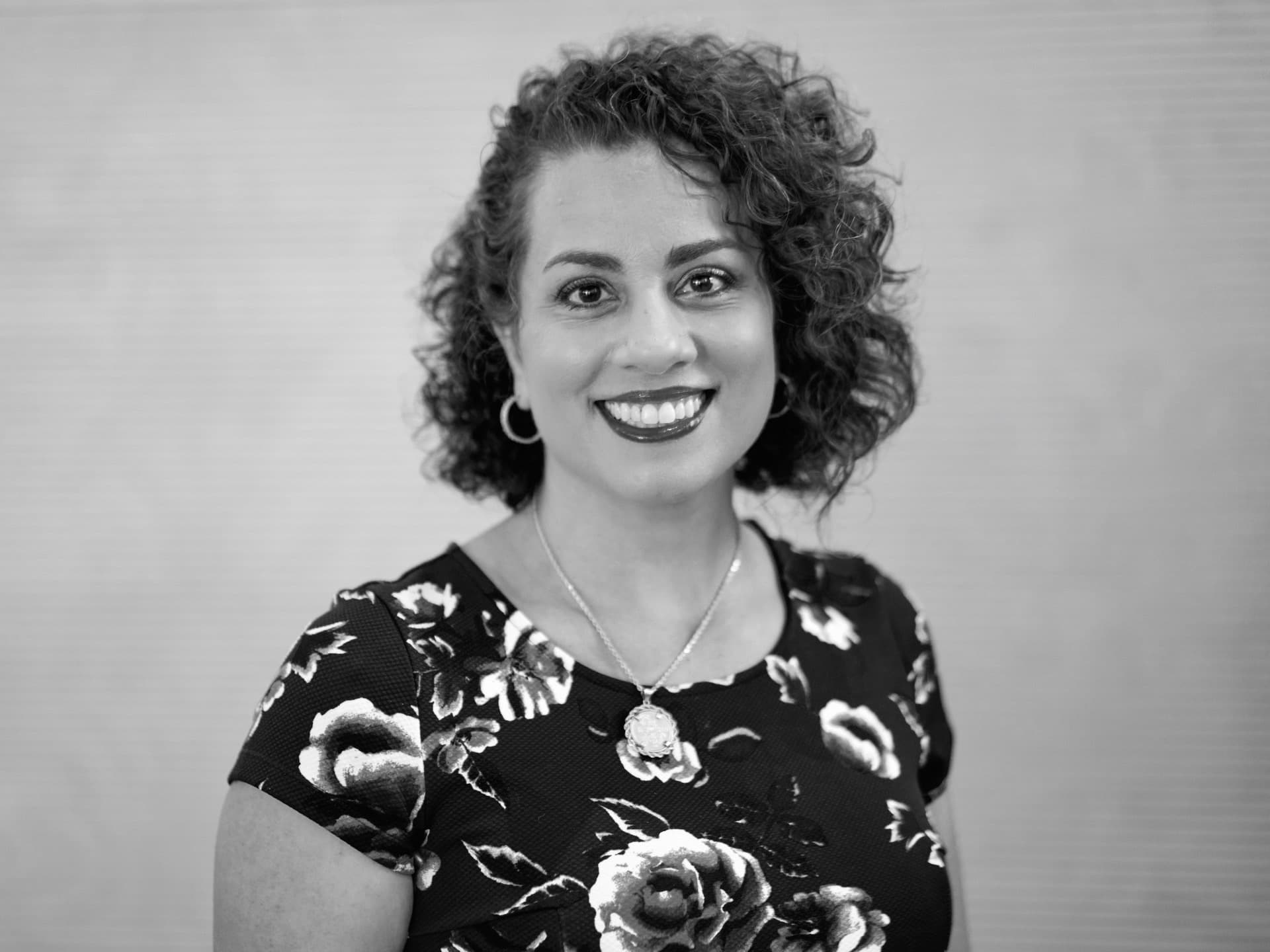On Nov. 29, the 63rd anniversary of the U.N. resolution to partition Palestine into a Jewish and Arab state, Dan Meridor, Israel’s Deputy Prime Minister and Minister of Intelligence and Atomic Energy, spoke at the UCLA School of Law about Israel’s survival today, focusing on the Iranian threat, the peace process and international law.
“Many more countries than they admit publicly have better relations with us,” he told the crowd of some 200 students and professors and Jewish community members and leaders, among them Consul General Jacob Dayan; UCLA Hillel’s Rabbi Chaim Seidler-Feller; UCLA professor Judea Pearl; and Younes and Soraya Nazarian, namesake of UCLA’s new Center for Israel Studies. The center co-sponsored the event with UCLA’s School of Law, International Institute and Center for Middle East Development.
The release this week of WikiLeaks documents points to a gap in public and private Arab sentiment, but this positive development is countered by the religiously inspired intent of some regimes and terrorist groups to destroy Israel, Meridor said.
“People can compromise,” he said. “God never does.”
A nuclear Iran would set a dangerous precedent, embolden and empower Hezbollah and Hamas and cause moderate Arab states to shift alliances from the United States to Iran, he said. Iran’s desire to be a regional player, however, makes it amenable to American and world pressure. Meridor did not address the use of force against Iran.
The conflict over land west of Jordan can only be resolved, he said, by the original U.N. solution — partition into two states — but not along the 1947 borders.
“The idea that we can retain the whole land and stay a democracy and Jewish State is not working for the simple reason: numbers,” he said, referring to Arab/Jewish demographics.
He expressed optimism regarding the renewal of peace talks, but, in the event of further withdrawals and a peace agreement, “We need to know we can defend ourselves if they attack us.”
Meridor, who holds a doctorate in law from Hebrew University and has served as Minister of Justice in previous Israeli governments, said international law has not adequately adapted to address new models of warfare tested on Israel, such as the deployment of rockets and missiles into civilian areas, inevitably risking innocent lives. Currently, about 40,000 rockets and missiles are aimed at Israel from Lebanon, about 5,000 from Gaza.
“If we defend ourselves and do something that is considered illegal, then what should we do?” he asked, leaving the question open.
In the Q-and-A period, moderated by professor Arieh Saposnik, director of the Nazarian Center for Israel Studies, Seidler-Feller asked Meridor what other options Israel has in responding to rocket threats.
Meridor’s response elicited applause: “I would suggest deploying in civilian areas be a war crime.”






















 More news and opinions than at a Shabbat dinner, right in your inbox.
More news and opinions than at a Shabbat dinner, right in your inbox.